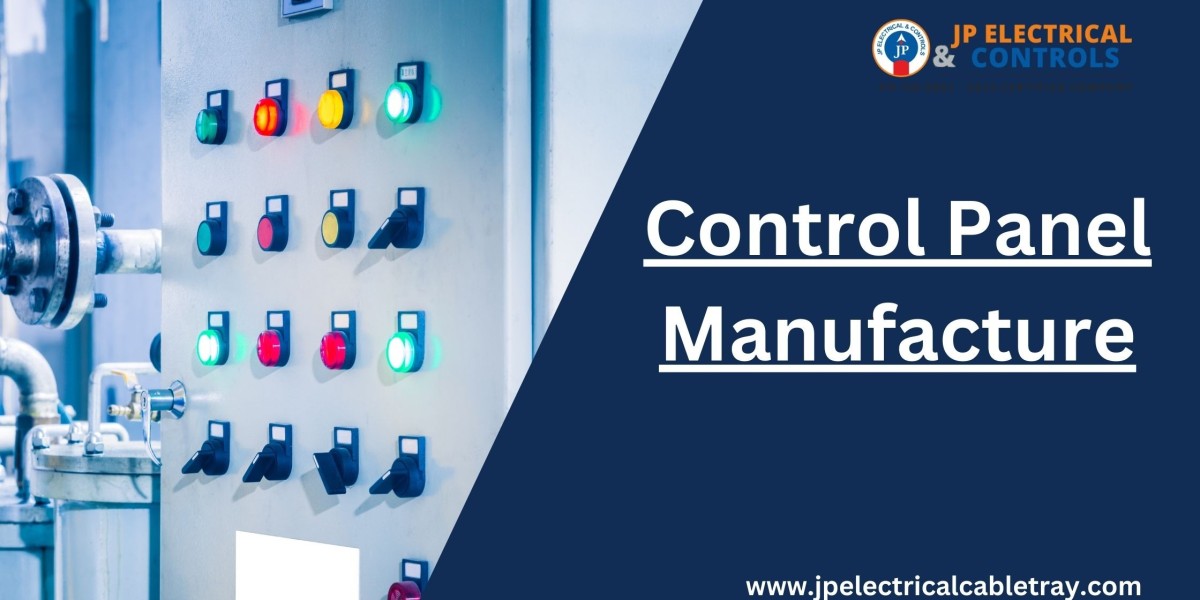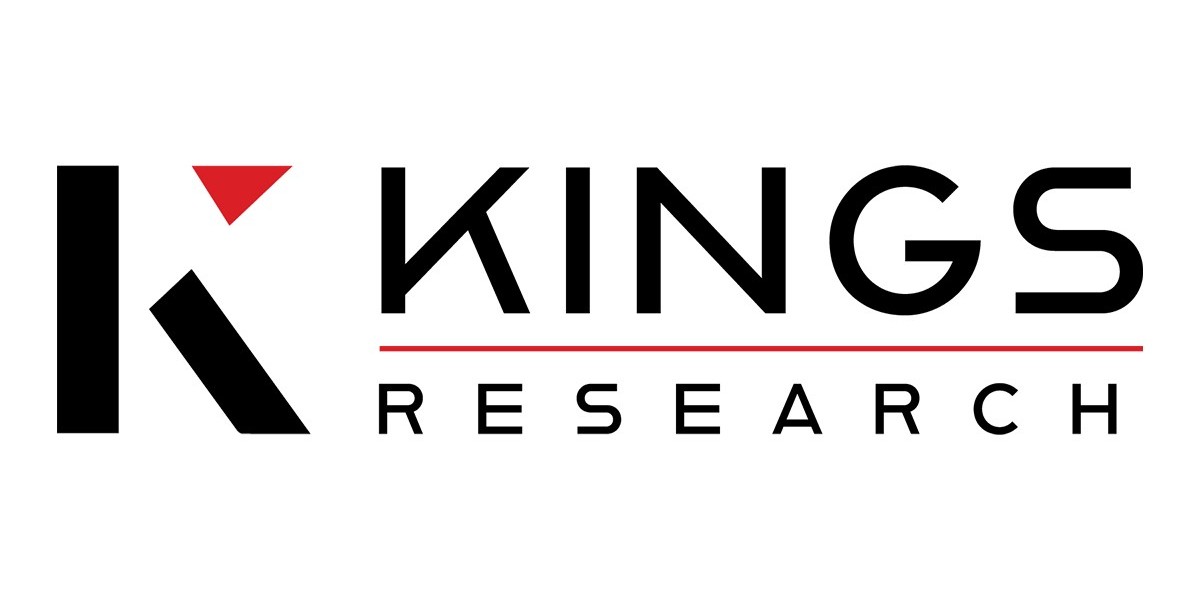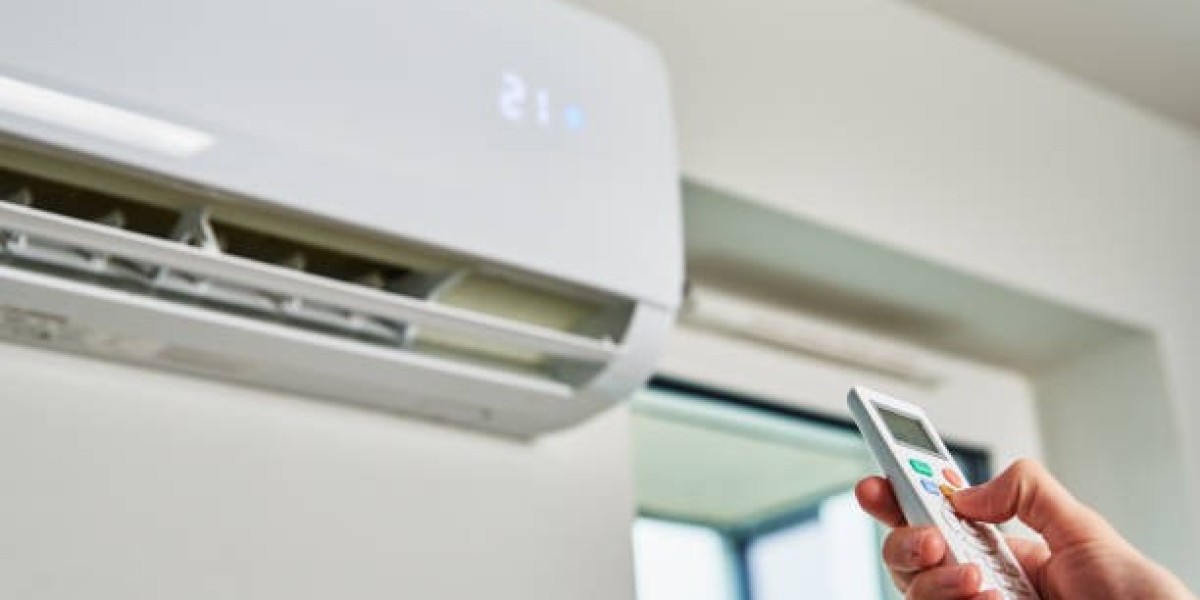At JP Electrical & Controls, we understand the importance of staying ahead in the ever-evolving world of electrical systems. As a leading manufacturer of chemical earthing solutions, we recognize the need for a comprehensive understanding of control panels and their various types. In this article, we aim to provide you with an in-depth overview of different Control Panel Manufacture, equipping you with valuable knowledge to make informed decisions for your electrical projects.
- Main Distribution Panel (MDP)
The Main Distribution Panel, also known as the MDP, is the heart of an electrical system. It receives power from the utility and distributes it to various subpanels and circuits throughout a building or facility. The MDP typically houses circuit breakers or fuses for protection and allows for easy access to control and monitor the electrical supply.
- Sub-Main Distribution Panel (SMDP)
A Sub-Main Distribution Panel, or SMDP, is an intermediary panel that receives power from the MDP and further distributes it to specific areas or sections of a building. SMDPs play a crucial role in dividing the electrical load and maintaining balanced power distribution.
- Motor Control Center (MCC)
Motor Control Centers are specifically designed to control and protect electric motors. These panels provide a centralized location for motor starters, variable frequency drives (VFDs), and other control devices. MCCs offer enhanced safety features, including overload protection, short circuit protection, and motor monitoring capabilities.
- Power Control Center (PCC)
Power Control Centers, also known as PCCs, are responsible for controlling and distributing power to various industrial equipment and machinery. They are commonly found in manufacturing plants and large industrial facilities. PCCs play a vital role in regulating power supply, ensuring uninterrupted operation, and safeguarding sensitive equipment.
- Lighting Control Panel (LCP)
Lighting Control Panels are designed to manage and regulate lighting systems in commercial buildings, residential complexes, and other environments. These panels offer the convenience of centralized control, allowing users to adjust lighting levels, set schedules, and optimize energy efficiency. LCPs can incorporate features like occupancy sensors, daylight harvesting, and dimming capabilities.
- Programmable Logic Controller (PLC)
Panel PLC Panels are widely used in automation processes, offering advanced control capabilities. These panels utilize programmable logic controllers to automate tasks, monitor inputs and outputs, and make decisions based on predefined logic. PLC Panels find applications in industries such as manufacturing, oil and gas, and water treatment.
- Control Desks and Operator Interfaces
Control Desks and Operator Interfaces provide a user-friendly platform for monitoring and controlling complex systems. These interfaces often incorporate touchscreens, graphical displays, and intuitive software, enabling operators to efficiently interact with the control panel and make real-time adjustments.
By understanding the different types of control panels available, you can select the most suitable option for your specific requirements. Whether you are focusing on energy efficiency, motor control, or overall system automation, choosing the right control panel is crucial for optimal performance and safety.
At JP Electrical & Controls, we pride ourselves on delivering high-quality control panels tailored to our clients' needs. With our extensive experience and expertise in the field, we strive to provide reliable and innovative solutions that exceed expectations.
In conclusion, this comprehensive overview of control panels and chemical earthing manufacturer has shed light on their various types and functionalities. Each panel serves a specific purpose in electrical systems, catering to different industries and applications. By staying informed about the latest advancements and selecting the right control panel, you can enhance the efficiency, reliability, and safety of your electrical projects.








